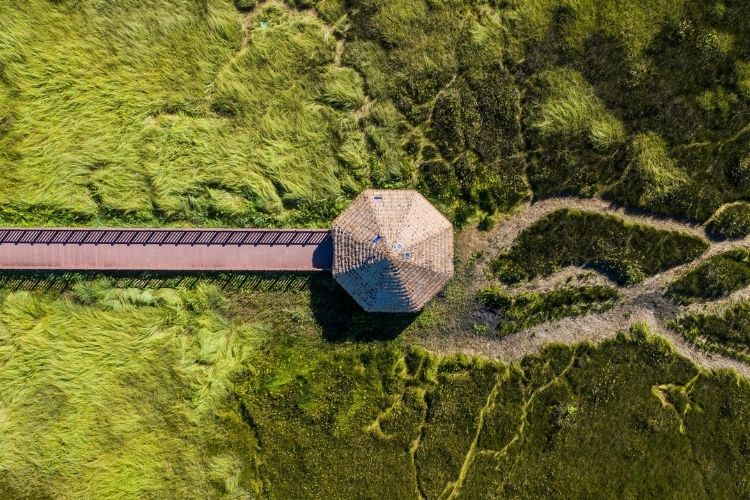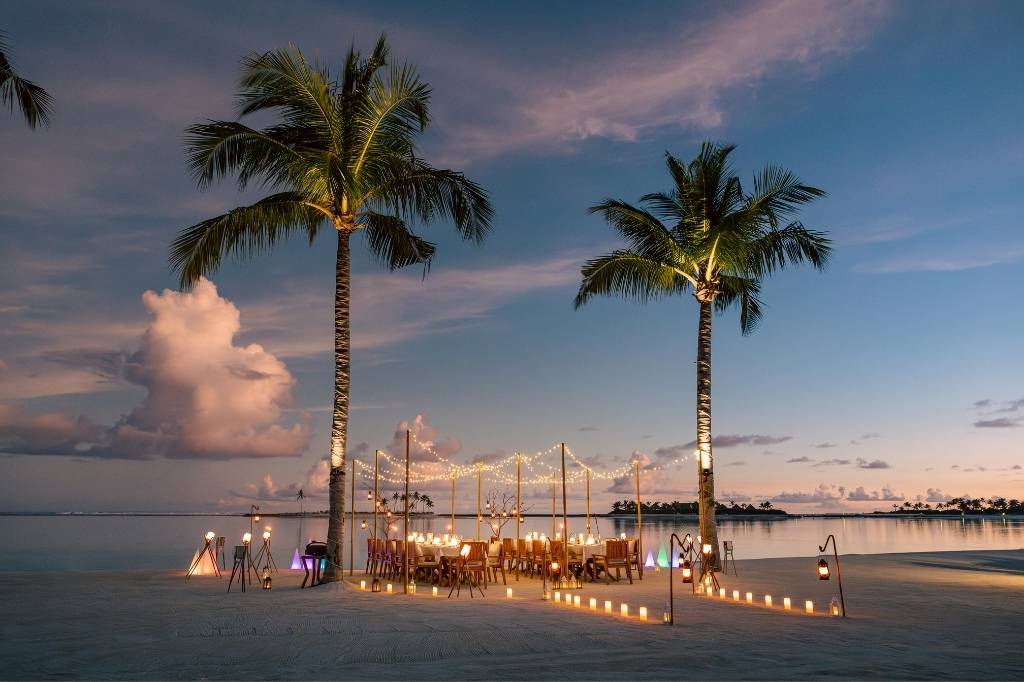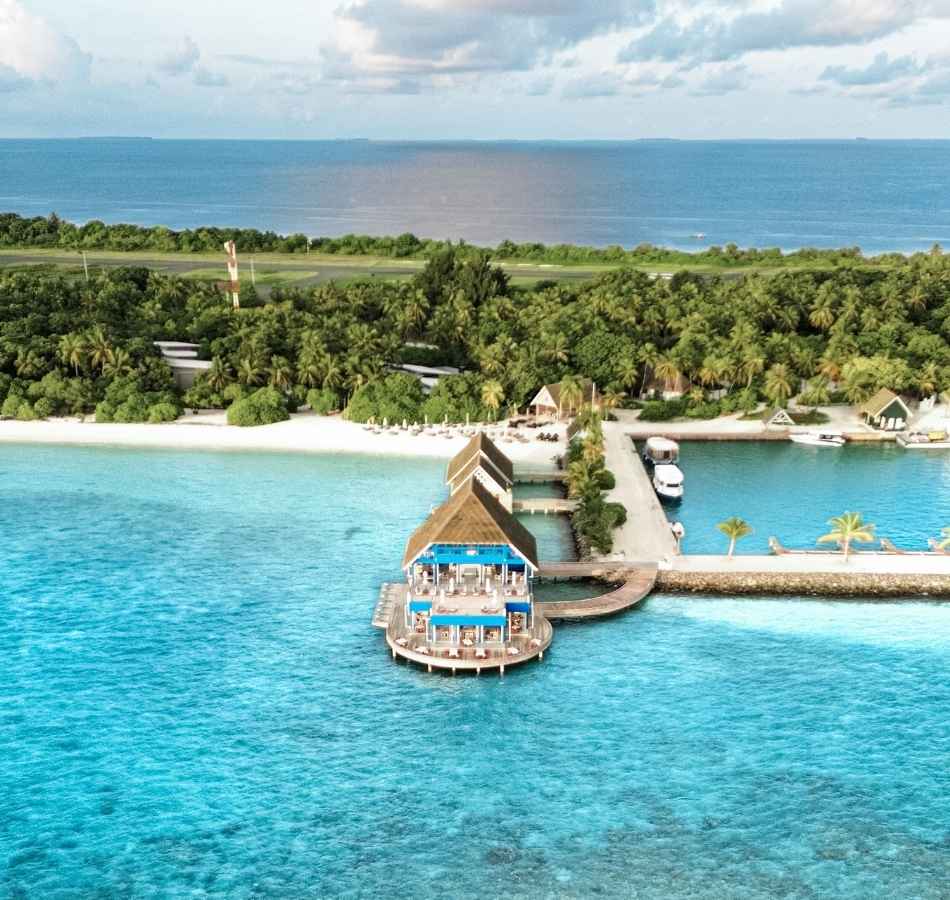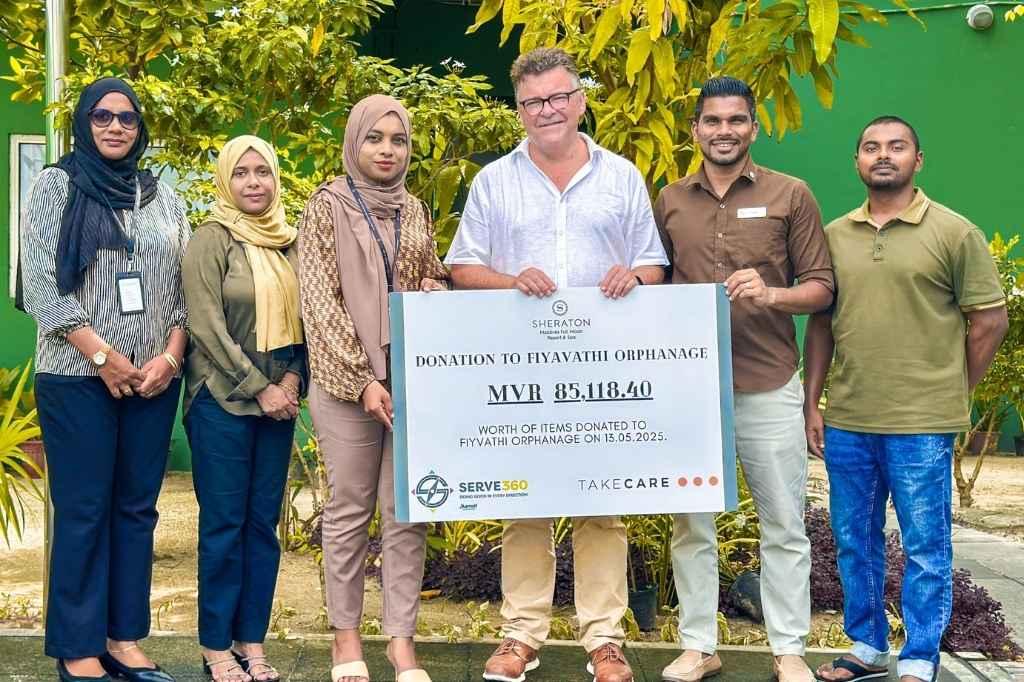The Maldives’ southernmost atolls Addu and Fuvahmulah have been declared as UNESCO Biosphere Reserves. This declaration was made at 32nd session of the UNESCO International Coordinating Council. UNESCO’s Man and the Biosphere (MAB) program added 25 new Biosphere Reserves this year.
The UNESCO biosphere reserves seek to reconcile human activity with the conservation and sustainable use of biodiversity. Furthermore, they are a central element of UNESCO’s research and awareness-raising work to foster innovative sustainable development practices and combat the loss of biodiversity supporting communities and Member States’ understanding, valuing and safeguard the living environment.
Addu Atoll Biosphere Reserve
The southernmost atoll of the Maldives, Addu comprises a total of 30 islands. Likewise, 17 of these islands remain uninhabited. The atoll is also one of the most diverse coral reef ecosystems in the Maldives including; lagoons, reef passes, seagrass beds, sandbanks, coral islands, lush tropical vegetation, mangroves, wetlands, brackish lakes (locally known as kilhis) agricultural land and also residential areas.
According to UNESCO, the establishment of Addu Atoll Biosphere Reserve reinforces ongoing efforts to manage coral reef ecosystem services through sustainable development.
Fuvahmulah Biosphere Reserve
Fuvahmulah is a large island in the southern part of the Maldives. The new biosphere reserve encompasses an entire atoll ecosystem. This includes the most diverse of coral ecosystems in the country with healthy habitats and unique coral sand beach formations.
The surface of the island also holds the form of a very shallow bowl with two mangroves and wetlands (locally known as Kilhi) at medial low points, forming two small linked sub-catchments. Moreover, the Kilhis in Fuvahmulah has influenced the lifestyle of the island’s inhabitants. Most inhabitants of the island make a living mostly with tourism, small-scale fishing and agriculture.
There are currently three atolls designated as a UNESCO biosphere reserve in the #Maldives. The biggest difference between a biosphere reserve and other areas are the zonation system aimed to implement the three functions of biosphere reserves which are conservation… (1/2) pic.twitter.com/fNMti7xXyQ
— Min. of Climate Change, Environment and Energy (@MoEnvmv) October 29, 2020
Before, Baa Atoll remained as the only Biosphere Reserve in the Maldives. UNESCO designates new biosphere reserves every year by the MAB programme’s governing body, the International Co-ordinating Council. Likewise, this council has a rotating elected membership of 34 UNESCO Member States.








